
Essential Digital Marketing Ideas for Business Growth 2026
Introduction to Top Digital Marketing Strategies:
In the contemporary business landscape, digital marketing has emerged as an essential component for achieving growth and maintaining competitiveness. The rapid advancement of technology and changing consumer behaviors necessitate that businesses adapt their marketing strategies. Digital marketing encompasses a range of strategies, including search engine optimization (SEO), social media marketing, content marketing, and email marketing, all of which are continually evolving to meet the ongoing shifts in market dynamics and consumer preferences.
Table Of Content
- Harnessing the Power of AI and Automation
- Embracing Video Marketing Techniques
- Building an Effective Social Media Strategy
- The Rise of Influencer Marketing
- Maximizing SEO and Content Marketing
- Utilizing Data and Analytics for Better Decision Making
- Focusing on Customer Experience and Personalization
- Conclusion: Preparing for the Future of Marketing
The significance of marketing lies not only in its ability to reach a wide audience but also in its capability to provide measurable results. By analyzing data, businesses can gain insights into consumer behavior, engagement levels, and the overall effectiveness of their marketing efforts. This enables organizations to make informed decisions that align with their objectives and customer expectations. As consumers increasingly rely on digital channels for research and purchasing decisions, the potential to leverage these platforms becomes even more critical.
In 2026, the landscape of digital marketing will likely be shaped by emerging technologies such as artificial intelligence, augmented reality, and omnichannel marketing strategies. Staying ahead of these trends is not merely advantageous but vital for survival in a crowded marketplace. Businesses that remain proactive in understanding these shifts can foster deeper connections with their target audiences and enhance their brand visibility.
This blog post will delve into the top digital marketing strategies that can be employed to stimulate business growth in 2026. By exploring these trends, readers will gain valuable insights into how to implement effective marketing tactics that resonate with modern consumers. As we progress, it becomes increasingly apparent that embracing digital transformation is not just an option; it is a necessity for forward-thinking organizations.
Harnessing the Power of AI and Automation:
In the rapidly evolving landscape of marketing, the integration of Artificial Intelligence (AI) and automation tools has emerged as a pivotal strategy for businesses seeking to enhance their marketing efforts. The ability to leverage AI can significantly streamline operations, enabling organizations to operate more efficiently while delivering personalized experiences to their customers.
One of the most notable applications of AI in marketing is content creation. Tools powered by AI can analyze consumer behaviors, preferences, and trends, allowing businesses to generate high-quality content that resonates with their target audience. For instance, AI algorithms can assist in creating blog posts, social media updates, and other marketing materials by suggesting relevant topics, optimizing SEO, and even generating entire articles. This not only saves time but also ensures a consistent brand voice across multiple platforms.
Another compelling use of AI is in the deployment of chatbots for customer service. These AI-driven tools can engage with customers in real-time, providing instant responses to inquiries, addressing concerns, and guiding users through their customer journey. As a result, businesses are able to enhance their customer service quality while reducing operational costs. Chatbots can handle multiple queries simultaneously, relieving human agents of routine tasks and allowing them to focus on more complex issues.
Furthermore, personalized marketing has been revolutionized through data analysis powered by AI. Businesses can analyze vast amounts of customer data to identify patterns and preferences, enabling them to tailor their marketing campaigns to individual needs. This level of personalization fosters deeper customer relationships, increases engagement, and enhances conversion rates.
However, integrating AI and automation into existing marketing strategies does present challenges, such as ensuring data quality and addressing potential privacy concerns.
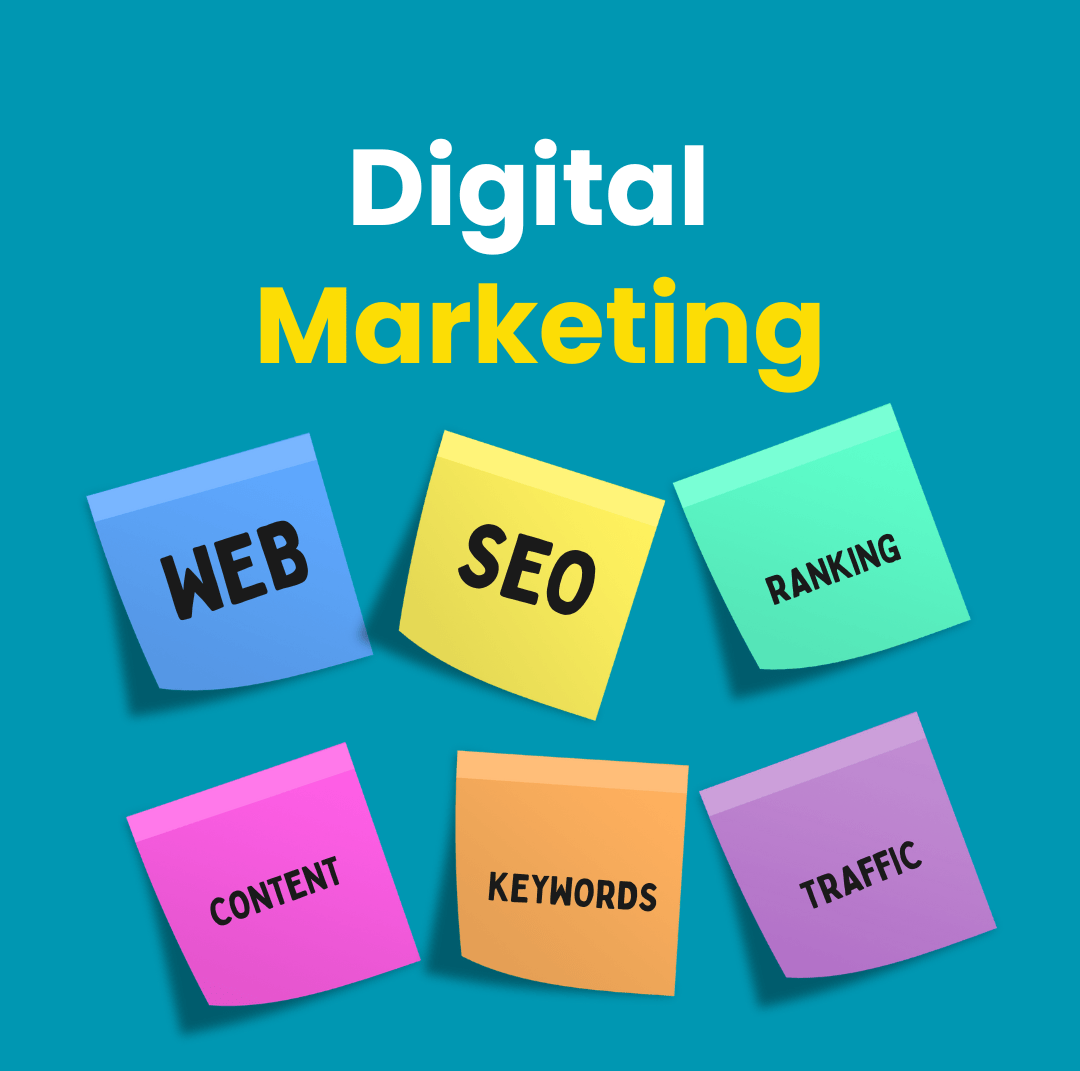
Embracing Video Marketing Techniques:
As businesses look towards 2026, one essential strategy that stands out is the adoption of video marketing techniques. Video content has become increasingly prevalent due to its ability to engage audiences effectively, making it a cornerstone of modern marketing strategies. Multiple formats such as live streaming, short-form videos, and interactive experiences are being utilized to capture and maintain viewer attention. Each of these formats presents unique opportunities for businesses to connect with their target audience.
Live streaming, in particular, offers an authentic way for brands to interact with potential customers in real-time. This format not only fosters engagement but also allows businesses to showcase products, address customer queries, and create a sense of urgency, making it a compelling choice for live events, Q&A sessions, or behind-the-scenes glimpses. On the other hand, short-form video content has gained traction due to platforms such as TikTok and Instagram Reels, where users often prefer quick, digestible content. These platforms enable brands to convey their messages swiftly while tapping into current trends, thereby reaching a wider audience.
Moreover, interactive videos represent a remarkable shift in how viewers consume content. By incorporating elements that encourage audience participation, such as polls or clickable links, businesses can create a more engaging experience that resonates with viewers. The key to successful video marketing lies in delivering content that is not only visually appealing but also informative and relevant to the audience’s needs.
To effectively implement these video marketing techniques, brands should consider the platforms that best suit their target demographics. By leveraging analytics and feedback, businesses can refine their video strategies to enhance engagement, drive conversions, and ultimately foster brand loyalty. As video marketing continues to evolve, staying ahead of trends and audience preferences will be crucial for any business aiming to thrive in the competitive landscape of 2026.
Building an Effective Social Media Strategy:
In the contemporary landscape of marketing, the significance of social media cannot be overstated. With billions of users worldwide, platforms such as Facebook, Instagram, LinkedIn, and Twitter present lucrative opportunities for businesses to engage with their target audiences. Constructing a robust social media strategy is essential for organizations seeking to enhance brand visibility, foster customer relationships, and ultimately drive sales. Selecting the right platforms tailored to your audience is the first step toward an effective approach. For instance, a B2B company may see better engagement on LinkedIn, while a retail brand might thrive on visual platforms like Instagram.
Creating engaging and relevant content is paramount in attracting and retaining followers. This involves producing high-quality posts that resonate with your audience, whether through compelling visuals, informative articles, or entertaining videos. A well-planned content calendar can help maintain consistency and ensure that various types of content are used to cater to different aspects of audience interests. In addition to organic content, brands should consider utilizing paid advertising. Social media ads allow businesses to target specific demographics, interests, and behaviors, which can lead to higher conversion rates and improved ROI. Carefully crafted ad campaigns can drive traffic to your website, increase product awareness, and encourage user-generated content.
Numerous brands have harnessed the power of social media with remarkable effectiveness. For instance, companies like Nike and Starbucks have successfully leveraged social media platforms to create engaging campaigns that resonate with their target markets, driving significant consumer interaction and loyalty. By analyzing these success stories, businesses can glean valuable insights into effective social media strategies that promote growth and foster community. As organizations continue to adapt to evolving digital trends, investing time and resources into a social media strategy will remain a cornerstone of effective marketing in 2026.
The Rise of Influencer Marketing:
In recent years, influencer marketing has emerged as a powerful tactic for enhancing brand visibility and fostering customer engagement. This strategy hinges on collaborations with individuals who possess significant online followings and the ability to affect the purchasing decisions of their audience. These influencers serve as trusted figures within their niches, making their endorsements particularly effective in driving brand awareness. As such, businesses are increasingly recognizing the importance of identifying and partnering with influencers whose values align closely with their own.
Identifying the right influencers is crucial for maximizing the impact of marketing efforts. Brands should begin by assessing the influencer’s audience demographics and engagement rates to ensure compatibility with their target market. Additionally, a thorough examination of the influencer’s previous partnerships and the authenticity of their content is essential. It is advisable to seek out influencers who demonstrate genuine enthusiasm for the brand, as this authenticity translates to greater trust among potential customers. Establishing clear communication and shared goals between the influencer and the brand will create a more cohesive and impactful partnership.
Measuring the effectiveness of influencer marketing campaigns is vital to understanding their impact on a brand’s visibility and engagement levels. Metrics such as reach, impressions, click-through rates, and conversions should be analyzed to evaluate campaign success. Moreover, tools like UTM parameters can help track the performance of specific influencer promotions. Regular assessment allows brands to refine their strategies, ensuring that future collaborations are even more targeted and effective. By focusing on authenticity and strategic alignment, businesses can leverage influencer marketing to enhance brand recognition and drive customer loyalty in an increasingly competitive landscape.
Maximizing SEO and Content Marketing:
In the rapidly evolving landscape of digital marketing, maximizing your search engine optimization (SEO) and content marketing strategies is crucial for business growth in 2026. As search engines become increasingly sophisticated, adopting best practices tailored to these changes is essential for enhancing online visibility. One of the most significant shifts in recent years has been the rise of voice search. Therefore, businesses should optimize their content for this trend by incorporating natural language and targeting long-tail keywords that reflect how users speak. Doing so will not only improve the chances of appearing in voice search results but will also enhance user experience.
Long-tail keywords, which are typically longer and more specific phrases, should be a pivotal part of your SEO strategy. These keywords often have lower competition and can drive highly targeted traffic to your site. By understanding your audience’s specific needs and questions, you can create content that aligns perfectly with these searches. This approach can significantly improve your chances of ranking higher in search results, leading to increased organic traffic and potential customer conversion.
Moreover, the quality of content plays an indispensable role in content marketing. High-quality, relevant content not only engages readers but also establishes brand authority. It is essential to focus on creating original content that provides value to your audience. This could range from informative blog posts and how-to guides to multimedia content such as videos and infographics. Regularly updating existing content and ensuring it remains relevant can further strengthen your online presence.
In addition, integrating SEO best practices with content marketing strategies can facilitate a cohesive approach toward achieving your digital marketing goals. Engaging content that is keyword-optimized will not only attract visitors but also increase the likelihood of sharing and backlinks, amplifying your reach.
Utilizing Data and Analytics for Better Decision Making:
In the rapidly evolving digital landscape of 2026, leveraging data and analytics stands as a cornerstone for making informed marketing decisions. Utilizing data effectively not only enhances the precision of campaigns but also significantly improves customer engagement and targeting strategies. Businesses must prioritize tracking key performance indicators (KPIs) to assess their marketing performance and gain actionable insights.
The assessment of KPIs provides vital feedback on how marketing strategies resonate with target audiences. Metrics such as conversion rates, click-through rates, and customer acquisition costs are essential for evaluating effectiveness. By gathering and analyzing this information, organizations can shift their tactics promptly to optimize results. Moreover, employing advanced analytics tools, such as Google Analytics or HubSpot, can streamline this monitoring process, enabling companies to visualize their data in a more insightful manner.
In addition to basic analytics platforms, organizations should consider integrating customer relationship management (CRM) systems to enrich their understanding of customer behaviors and preferences. These systems can aggregate data from various channels, offering a holistic view of customer interactions. With such comprehensive insights, businesses can tailor their marketing efforts to align more closely with customer needs, thus enhancing engagement and driving loyalty.
Furthermore, predictive analytics tools can offer forward-looking perspectives based on historical data trends. By embracing techniques such as machine learning, businesses can uncover patterns that inform future marketing initiatives. This data-driven approach empowers marketers to refine their segmentation strategies and execute more personalized campaigns, ultimately resulting in higher conversion rates and improved customer satisfaction.
Overall, the strategic utilization of data and analytics is essential in shaping marketing decisions for 2026. An emphasis on robust data analysis, coupled with the adoption of sophisticated tools and technologies, will enable businesses to adapt and thrive in this competitive environment.
Focusing on Customer Experience and Personalization:
In recent years, the emphasis on customer experience and personalization in marketing strategies has grown immensely. Businesses are recognizing that personalized experiences significantly enhance customer engagement, leading to improved customer satisfaction and loyalty. In 2026, it will be more crucial than ever for companies to prioritize these aspects, as consumers increasingly expect tailor-made interactions that cater to their unique preferences.
To effectively personalize marketing messages, businesses can leverage advanced analytics and customer relationship management (CRM) tools. These technologies facilitate the analysis of customer behavior and preferences, allowing businesses to segment their audience based on various criteria such as demographics, purchase history, and browsing activity. By utilizing this data diligently, marketers can craft messages that resonate more deeply with individual consumers, thus driving engagement and conversions.
Moreover, the integration of artificial intelligence (AI) and machine learning into marketing strategies has enabled a deeper level of personalization. These technologies can analyze vast amounts of data to uncover insights about customer trends, leading to tailored offers and products that align more closely with consumer desires. For instance, personalized email campaigns that recommend products based on previous purchases can significantly elevate the effectiveness of email marketing efforts.
However, while gathering and utilizing customer data, businesses must remain mindful of privacy concerns and ethical considerations. Transparency in how data is collected and used, as well as obtaining explicit consent from customers, is essential to maintain trust. Organizations should adopt responsible data practices, ensuring that customer information is protected while still enabling the customization of experiences. By striking this balance, businesses can create meaningful and lasting relationships with their customers, ultimately enhancing overall satisfaction.
Conclusion: Preparing for the Future of Marketing:
As we look towards the ever-evolving landscape of digital marketing in 2026, it becomes increasingly evident that businesses must remain proactive and adaptable. Throughout this discussion, we have explored various key digital marketing strategies that are poised to dominate the industry. These strategies not only reflect the current trends but also anticipate necessary shifts in consumer behavior and technology. Emphasizing the importance of search engine optimization (SEO), content marketing and data-driven decision-making, it is clear that the companies that embrace these approaches will outperform their competitors.
One essential takeaway is the necessity for businesses to stay agile. The rapid advancement of technology, including artificial intelligence, augmented reality, and machine learning, presents both challenges and opportunities. Companies that can successfully leverage these tools to enhance their marketing efforts will find themselves at a significant advantage. By fostering an environment that encourages continuous learning and adaptation, organizations position themselves for long-term success.
The top digital marketing strategies in 2025 include AI-driven content marketing, advanced SEO techniques, personalized email automation, and social media advertising. These approaches help businesses connect with their target audience and achieve measurable growth.
SEO in 2025 is more important than ever because search engines now prioritize helpful, user-focused content. With evolving algorithms, a strong SEO strategy improves visibility, increases organic traffic, and builds long-term brand authority.
AI enhances digital marketing in 2025 by analyzing user behavior, personalizing content, and automating tasks like email campaigns and ad targeting. This results in better user engagement, higher conversion rates and reduced marketing costs.

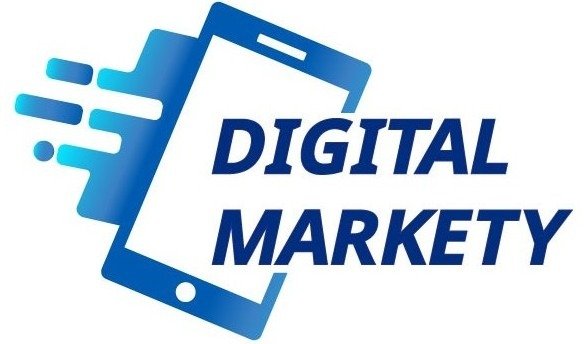
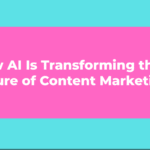
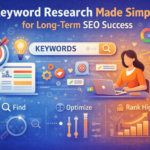

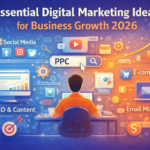
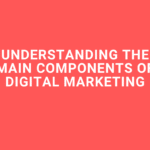
Great tips! I’m definitely going to try this for my small business